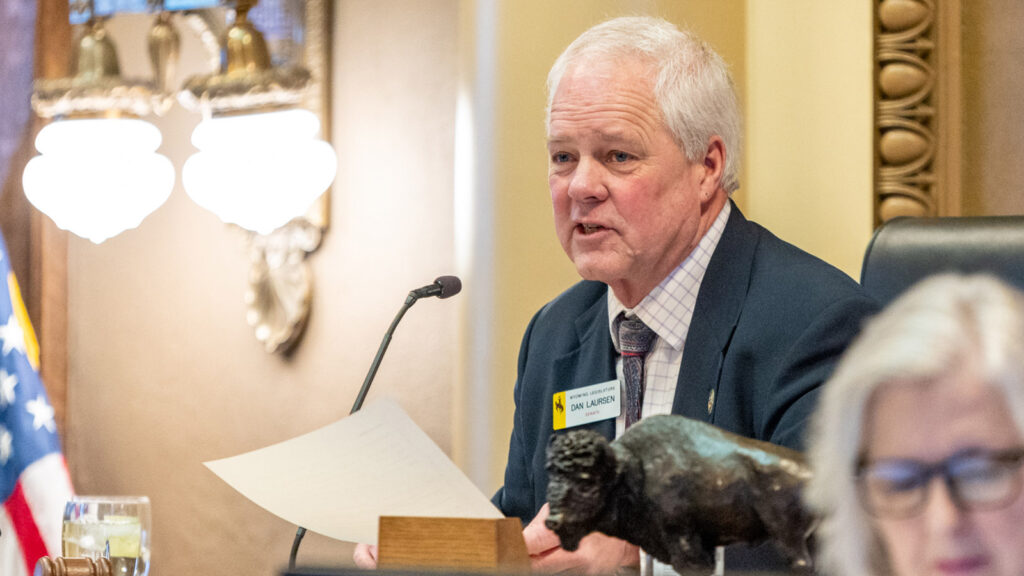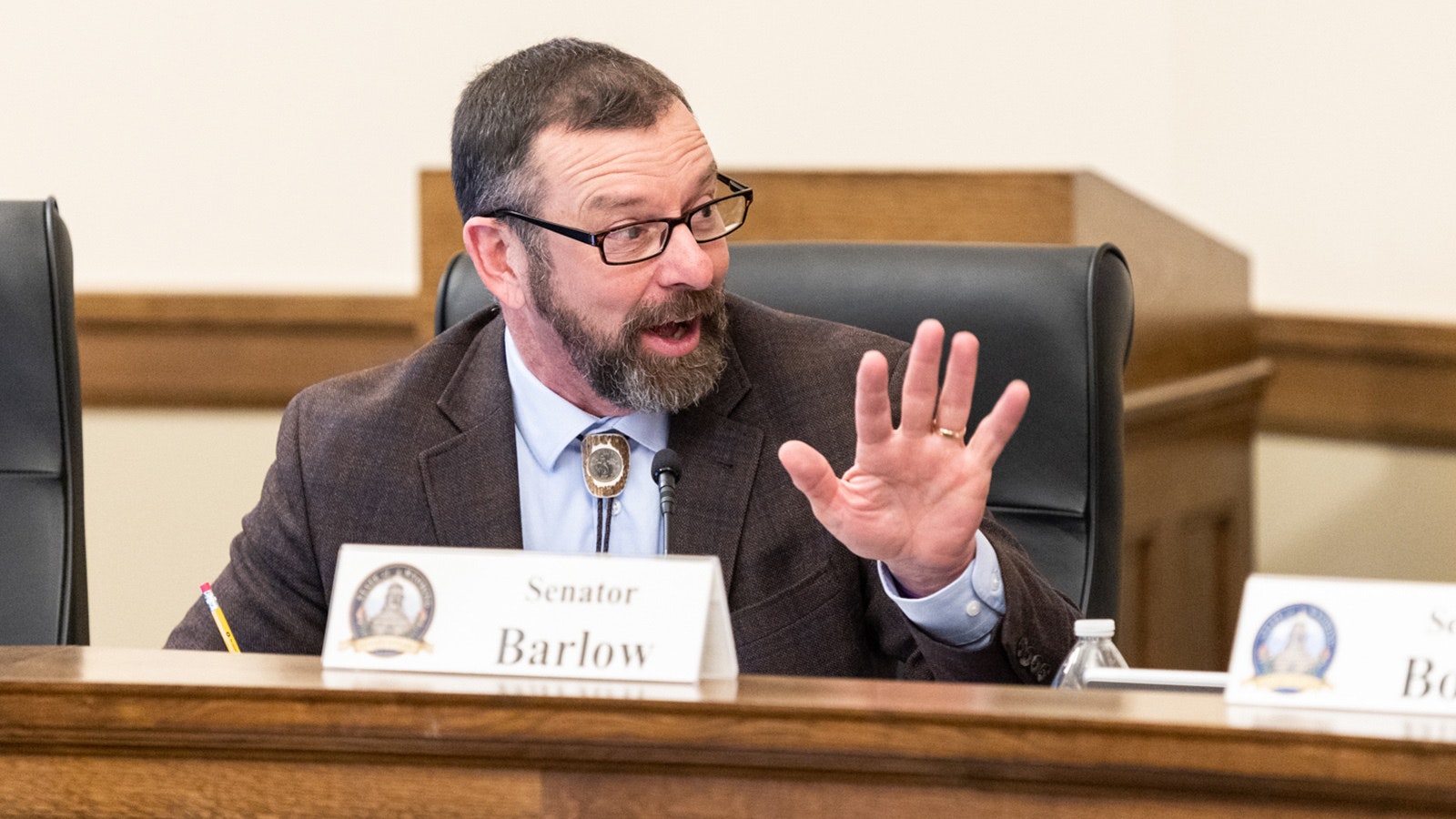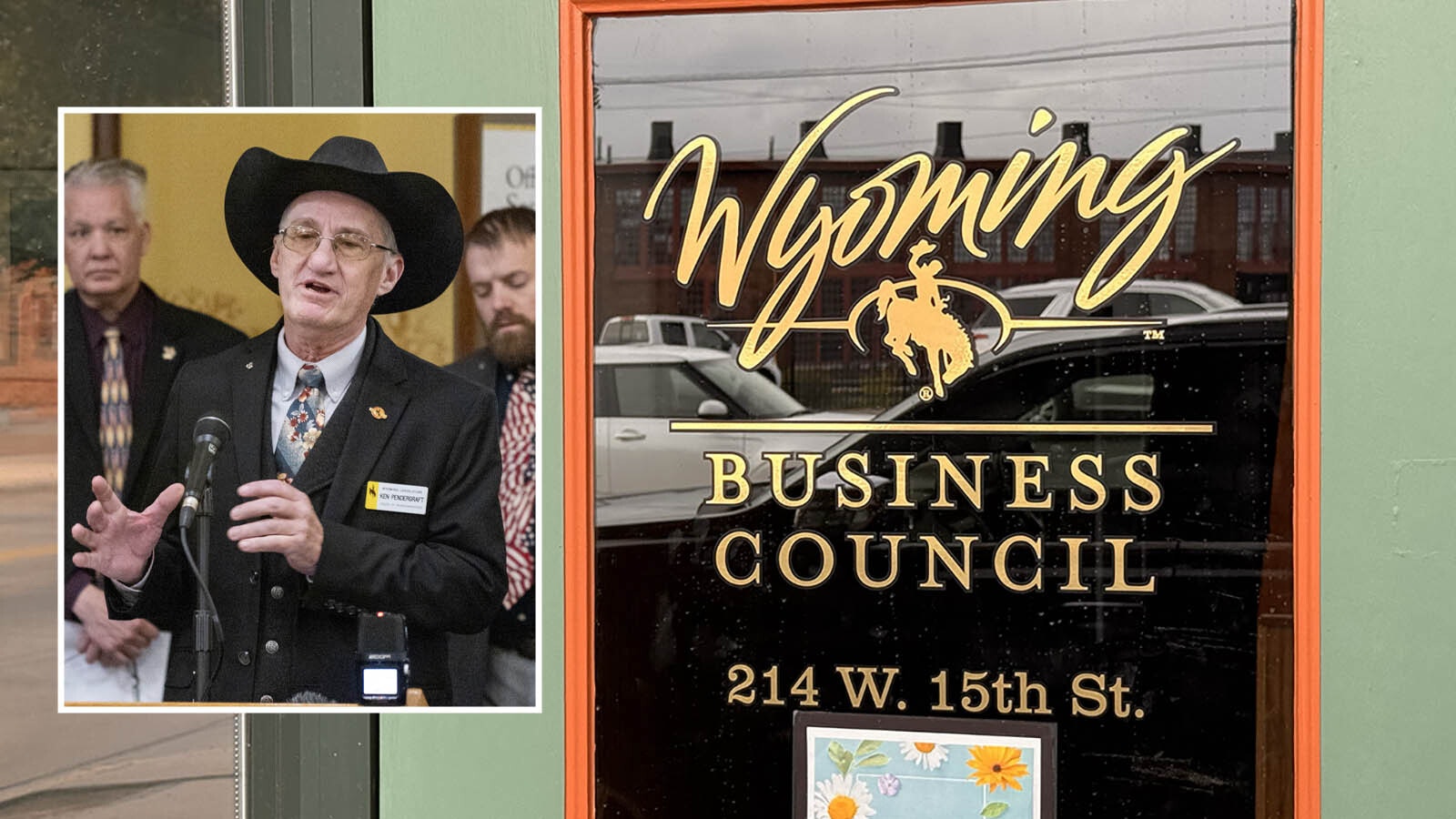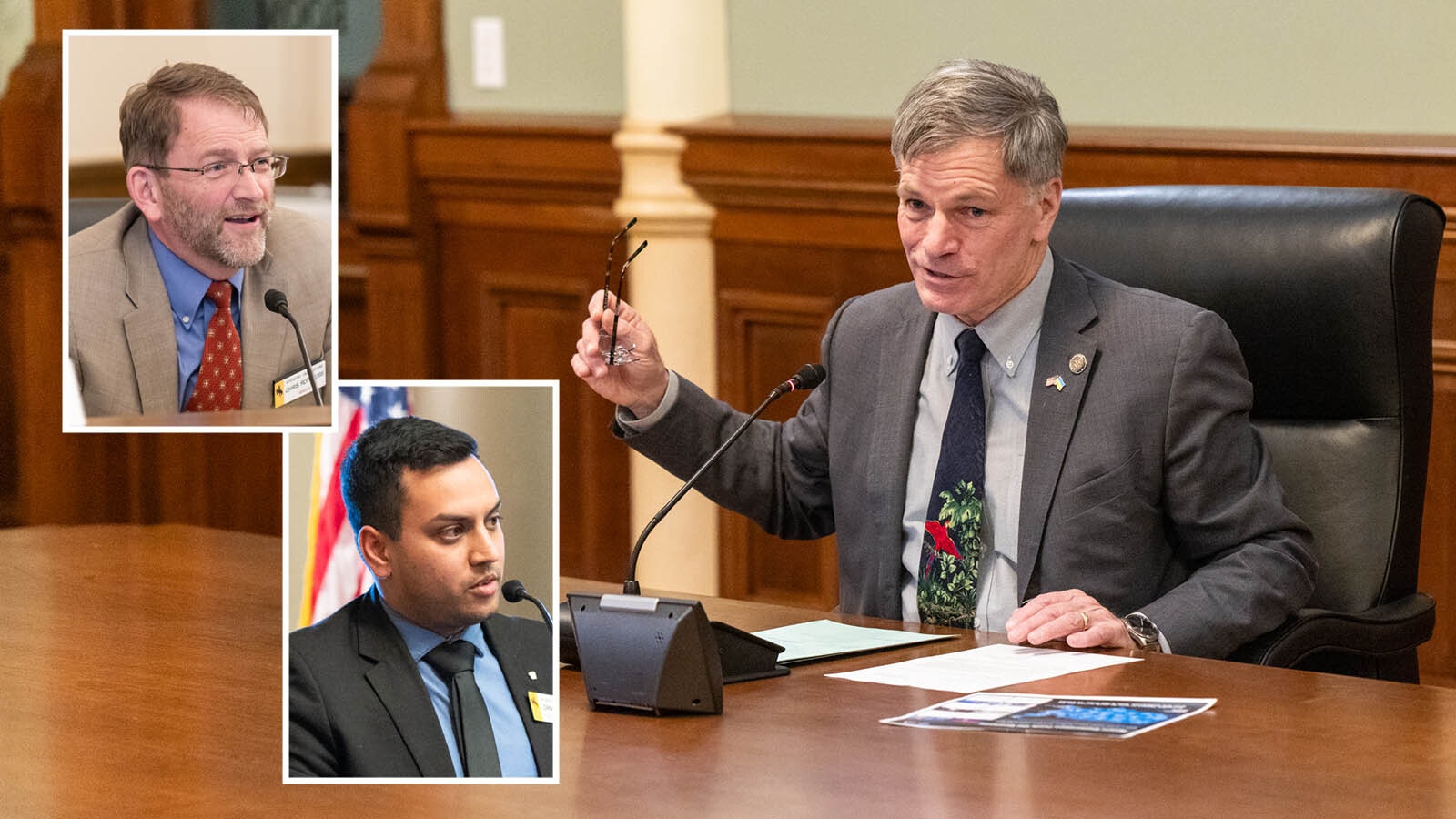A bill committing Wyoming to participating in a Convention of States has received support so far by members of the Wyoming Legislature, passing a second reading in the state Senate on Friday.
Senate Joint Resolution 11 requests the U.S. Congress to call a convention to propose amendments to the Constitution.
Article V of the Constitution provides for the Convention of States as a way for states to bypass Congress in proposing amendments to the Constitution, although it has never been used.
There has been a growing national movement from conservative states to call the first Convention of States.
Sen. Dan Laursen, R-Powell, is the lead sponsor of SJ 11.
“Federal Congress can do this (amend the Constitution) every day, why shouldn’t the states?” Laursen asked the Senate Corporations, Elections and Political Subdivisions Committee this week.
The bill passed the committee on a 3-2 vote.

What It Takes
Calling a convention of the states would allow a highly restricted meeting of participating U.S. states to propose amendments.
Supporters say the amendments could be used to impose measures such as fiscal restraints on federal government, limit its power and jurisdiction, and put term limits on officials and members of Congress.
When two-thirds of U.S. state legislatures apply for a convention, Congress is constitutionally required to call it. An agreement to participate must be passed at the state level.
Overall, 34 states are needed for a convention to be called, but 38 are needed for the convention to pass amendments that are legally binding.
A convention has never been called in U.S. history and only 19 states, all with Republican majorities, have committed to the movement so far.
‘Frankly, I’m Nervous’
Opponents of a convention have criticized the proposal as being too vague as far as what the meeting will entail, lacking any known rules or how exactly states will be represented and by whom.
Laursen said this a result of states wanting to avoid contradicting each other in their resolutions.
“People think it will be a series of bills that will be cured the way they want them to be cured,” said Sen. Charles Scott, R-Casper on Thursday. “I have a strong suspicion they won’t be.
“Frankly, I’m nervous of what it will be. The Constitution has worked pretty well for us. I’m very reluctant to go challenging it.”
Sen. Eric Barlow, R-Gillette, another sponsor of the bill, said it will be up to participating states to determine what the rules of the convention are.
Barlow said he has attended four national conferences on the proposed convention.
“I find great comfort that it comes back to the states and the people,” Barlow said. “They get to ultimately make this decision.”
What’s The Goal?
Laursen said some of the topics that have been discussed during meetings on the convention include putting limits on the federal government such as not allowing the national debt to be increased unless given permission by a two-thirds recorded vote from both chambers of Congress.
He said returning the Federal Commerce Clause to its original meeting and instituting term limits also could be discussed.
Other opponents of the legislation have said there could be a not-so-pure intent behind the convention movement.
David Iverson, host of the Cowboy State Politics podcast, described the convention as a “profoundly dangerous idea” when testifying before the Corporations Committee on Tuesday.
“We don’t have a problem with the Constitution, we have a problem with politicians,” he said.
Targeting Guns?
Iverson also mentioned how a leading member of the Convention of States movement published a document advocating for restricting the Second Amendment to protecting the right to bear arms for purposes “ordinarily used for self-defense purposes” and that the United States should impose reasonable regulations on the bearing of arms with due process for those deemed unsafe to possess them.
“They are very much thinking of the Second Amendment,” Iverson said.
Mark Meckler, president of Convention of States Action, shook his head with frustration as Iverson said this and was chastised by Sen. Cale Case, R-Lander, for the display.
“I found it difficult to sit restrained,” Meckler said. “I understand protocol and I understand decorum, but the slanders that were being issued were so outrageous and so offensive that it was very difficult to sit still.”
Meckler said the 1787 meeting of the U.S. Constitutional Convention, was not a “runaway convention,” as he believed Iverson to have described it, but rather a legitimate meeting that formed an important basis of American history.
Laursen brought a version of this bill in 2022 that failed to receive introduction into the House on a 37-21 vote.
The bill will have to get through one more reading in the Senate before it can move to the House for consideration.





